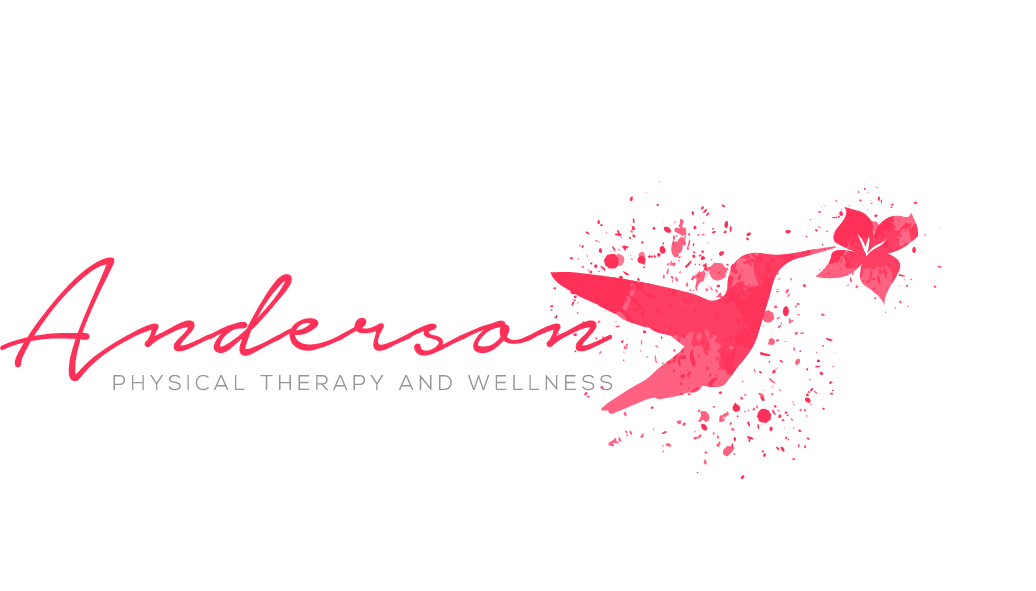Pelvic Health
Postpartum Physical Therapy
At Anderson Physical Therapy and Wellness we specialize in your return to sport post-partum. Get back to things that make Denver so great! We work with runners, crossfit athletes, skiers, mountain bikers, and more!
Check out our other specialties here.
Postpartum Pelvic Health
The natural changes of both pregnancy and delivery (either vaginal or C-section) impact the pelvic floor muscles and connective tissue, often causing discomfort and pain for women either during pregnancy (prepartum) or after delivery (postpartum).
Research surrounding the impact of pregnancy and delivery on the pelvic floor provides a snapshot of the issue:
During pregnancy...
45% of pregnant women experience pelvic girdle pain (PGP, in 25% of these women it is severe and for an estimated 7% to 8%, it results in disability).
Incidences of stress urinary incontinence during pregnancy have been reported to range from 19.9% to 70%.
After delivery…
35% of new moms experience stress urinary incontinence in the postpartum period.
More than 50% of women have a diastatis rectus abdominis after pregnancy. (A diastatis rectus abdominis is the separation of the abs from their central tendon and is a leading cause of low back pain, stress urinary incontinence and pelvic organ prolapse.)
20% of first-time moms show severe pelvic floor muscle injury after a normal pregnancy/delivery.
25% of women with pregnancy-related pelvic girdle pain during pregnancy remain in pain after delivery.
postpartum pain and dysfunction.
It is beneficial for all new moms to have their pelvic floor evaluated by a physical therapist after they’ve been cleared to resume sex and exercise. This kind of early intervention can help address any concerns, and ultimately enable new moms to return to functional and active lives while possibly preventing future pelvic floor dysfunction.
Common postpartum complaints:
Urinary difficulties. Women with urinary incontinence leak urine when they sneeze, cough, or run. Some women feel a frequent or sudden, urge to urinate, even when their bladder isn’t full. Others are unable to start the flow of urine at will or empty their bladder completely when urinating.
Fecal incontinence. Many postpartum women have difficulty controlling gas or bowel movements.
Perineal pain. This symptom is common in postpartum women, especially those who tore during childbirth or are recovering from an episiotomy. (The perineum is the area of skin between the vagina and the anus.) In addition, tight pelvic floor muscles cause some to experience persistent perineal pain, even after their wound heals.
Pelvic pain. Some women have pain during sex for many months or even years after childbirth. And some have chronic vulvar pain, burning or itching. Others have pain during bowel movements. These symptoms are often caused by tight pelvic floor muscles, which can lead to inflamed tissue and nerves.
Pelvic organ prolapse. When pregnancy and childbirth weaken the pelvic floor muscles the uterus, bladder, and/or bowel can slip out of place. Rehabilitating these muscles can help prevent or improve this condition.
How Can Physical Therapy Help?
Based on the examination results, we will design an individualized treatment program to meet your specific needs and goals. This may include:
Show you how to identify the appropriate muscles, such as the pelvic floor, deep abdominals, and diaphragm.
Educate you on how to use these muscles correctly for activities like exercise, posture correction, getting up from a chair, or squatting to pick up a child or pick something up from the floor.
Teach you exercises to stretch and strengthen the affected muscles and retrain them, so they work together normally.
Teach you techniques to improve blood flow and tissue function in the pelvic area.
Teach you appropriate pelvic floor muscle exercises.
Learn more about Pelvic Health here.

